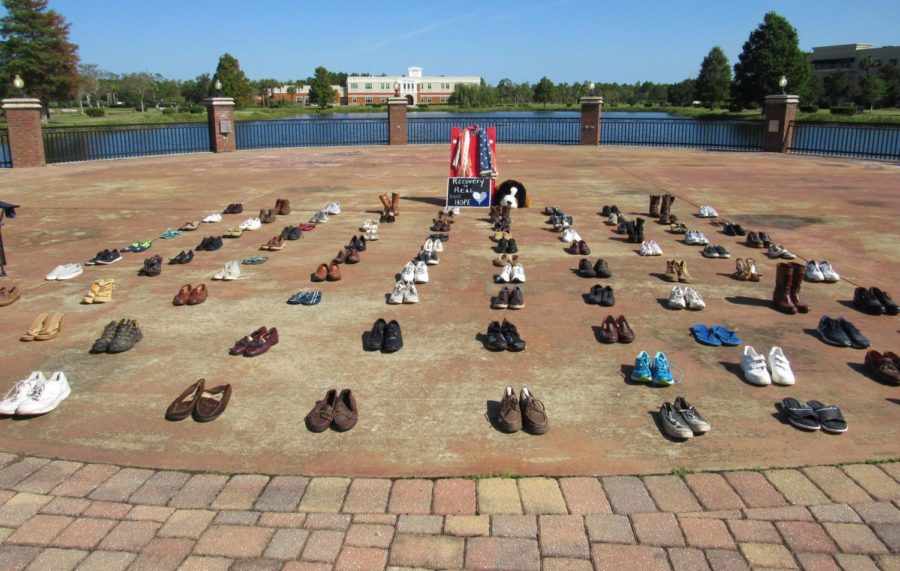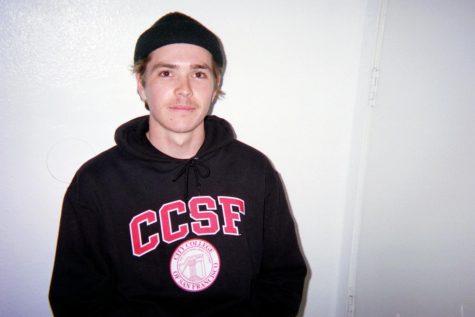I’m plagued by a crippling case of generalized anxiety, obsessive-compulsive disorder, addiction, and an abyssal, recursive case of depression. I also never talk about this publicly. My illness, it seems, is the desolate burden of me and my psychiatrist alone. Not that any of this makes me special or unique — it’s been my general attitude that if my mental ailments are all I have to complain about, then I’m doing something right. That being said, this burden can be a grim and solipsistic one. Moreover, the fact that tens of millions of people are affected by mental illness year after year, with cases spiking and no real causation being addressed, it’s a plight we, as a society, ought to concern ourselves with on a more rigorous, consistent basis.
We all share in the gauntlet of the human psychic condition; playing dice with fate, seeing how we’ll react to the stimuli and phenomena of social and economic life. And nowadays, more often than not, such a game concludes in at least some degree of mental illness. According to The National Institute of Mental Health, an estimated 31.1% of U.S. adults experience an anxiety disorder at some point in their lives and an estimated 11 million U.S. adults experienced a severe depressive episode in the year the study was released, with 35% of that group not receiving treatment for their ailment. Moreover, 4.4% of U.S. adults experience bipolar disorder at some point in their lives. Equally critical to consider, according to the Centers for Disease Control and Prevention, in 2019, 70,630 drug overdose deaths occurred.
What’s more, from 2018 to 2019, the U.S. saw a 67.9% increase in synthetic opioid-related overdose deaths — a figure that, for me, isn’t just another number. I’ve personally experienced the deaths of nine of my friends from drug-related overdoses and, sadly, there are countless others who I’ve seen pass along the way. Furthermore, when the aforementioned statistics are aggregated — anxiety, bipolar and depression included — such a figure accounts for an inordinate swath of the population. In other words, there’s an epidemic of Bubonic proportion unfolding like soundless fallout right before our eyes. And, save the studies, gradual destigmatization and psychiatric care, not much is being done to curb or alter this trend. From my perspective, it’s only getting worse.
“The depressed person is in terrible and unceasing emotional pain,” author David Foster Wallace wrote, “and the impossibility of sharing or articulating this pain is itself a component of this pain and a contributing factor in its essential horror.” What may very well come across as some pithy Twitter quote about depression, is in fact a core insight into individuals suffering from mental illness. Assuredly, the “impossibility of sharing or articulating” the anguish of the experience of mental illness is the crux of suffering, as Wallace notes. And in the context of our social rituals and values, it is the crux of our societal ills too.
See, we are living in what the social theorist Byung-Chul Han has termed as the “Burnout Society.” According to Han, we are a culture that resists negative interpretations of the self and our world, leading to an ethics of achievement, positivity and activity. In another sense, we are constantly being told that we can achieve anything, and therefore, we have to achieve something. This persistent pressure to “do,” alongside the achievements of others around us, logically leads to tiredness, exhaustion and burnout — to illness. “Tiredness of this kind proves violent,” Han wrote in his book “Burnout Society,” “because it destroys all that is common or shared, all proximity, and even language itself.”
We cannot effectively share or articulate our suffering, as Wallace noted. We must instead “hustle,” “never quit,” “believe in ourselves,” “dream big,” “start something,” ad infinitum. Per the parameters of our societal norms — visible through social media outlets such as Instagram, the echo chamber of positivity and influencer-driven virtue — individuals suffering from mental illness must cloak their condition with a thin shroud of placid social niceties. It’s hard, if not impossible, to articulate the experience of mental illness via the coordinates of these social rituals and values we have constructed. In this sense, mental health awareness is not simply an individualistic, clinical concern. It is a societal concern, and our awareness of it and our collective efforts to address it ought to persist past the month of May.
The point of delineating causation as opposed to the normal pharmacological or pop-psychology narratives is not to discredit or argue against them — I take medication and undergo psychotherapy myself. The point is to explain that there is much more to it than popping a few pills and talking about your feelings. A tangible degree of social consciousness is required if we are to truly start saving lives. Mental health awareness is a massive societal concern. So keep us in mind — because we would, but it’s a mess for us up there.


